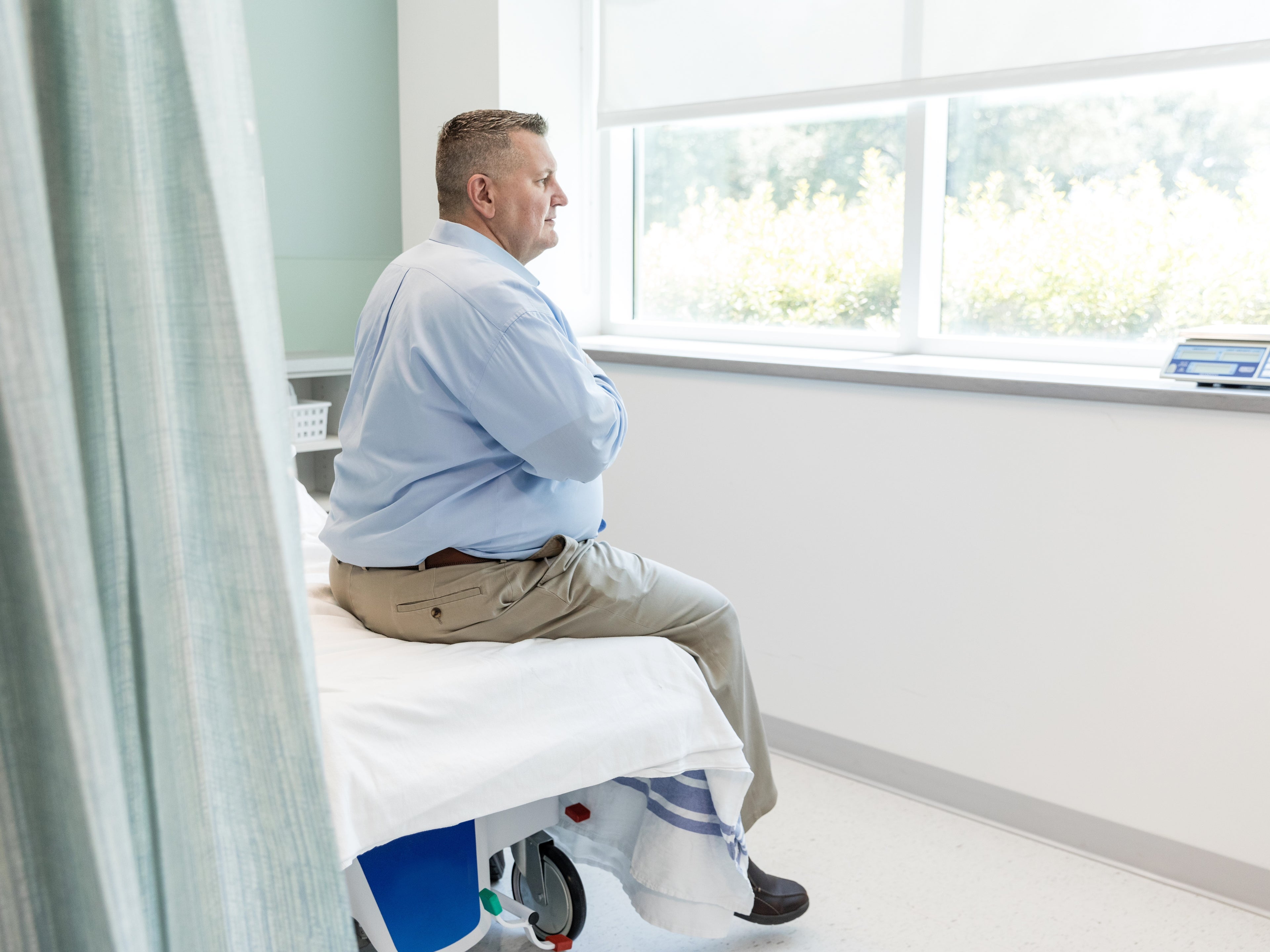Why patients complain and what you can do
Wednesday, 22 May 2024

Hearing a patient is unhappy with the care you’ve provided is something all doctors dread, particularly if this dissatisfaction escalates to a formal complaint. But complaints do happen despite you doing your best, whether it’s due to an unexpected outcome, unreasonable expectations, or situational factors.
Earlier this year, we spoke with some patients to understand what drives them to make a complaint and what this could mean for doctors.
Making a complaint isn’t trivial
Despite perceptions to the contrary, for many patients, the process of lodging a formal complaint is stressful and time-consuming, especially for someone who is unwell or dealing with the outcomes of an adverse event. It was clear from the patients we spoke with that most of them did not want to embark on making a formal complaint. Our research revealed that a patient will usually only go down this route when they feel their concerns have been ignored, dismissed or not treated sensitively, or when they feel there’s been a lack of transparency and the answers they’ve been given are unsatisfactory.
Understanding this is important, as it means, in many cases, there may be an opportunity to address the patient's concerns early on, and the formal complaint could have been avoided.
Issues that may lead to complaints
The reasons given for making a complaint are usually rational, such as a desire for something to change or a request for out-of-pocket expenses to be paid. However, many patients we spoke with were also driven by the perception that the doctor was reluctant to acknowledge a mistake, or they felt hurt or let down by the doctor.
We found that patients generally do understand that things can sometimes go wrong. And, if this happens, what they want is an explanation and an apology. These findings are consistent with the literature and are supported by our experience managing complaints for our members.
Feeling unheard
Dissatisfied patients often just want to be heard and to have their perspective acknowledged. Making it easy for your patients to raise a concern demonstrates a willingness to listen.
Validation of their concerns can go a long way to addressing the disempowerment that often triggers a complaint. Acknowledge the outcomes weren’t what they were hoping for, then explain what went wrong and their options moving forward. This all helps your patient re-establish a sense of control.
The patient may feel disempowered if you talk in technical terms rather than patient-centric terms, appear pre-occupied, take notes without eye contact or dismiss their concerns.
Reasonable and unreasonable expectations
Patients may have unrealistic expectations about what modern medicine can, or should, achieve. This assumption can be due to a lack of understanding.
However, it is reasonable for patients to expect that they will be listened to, informed of potential side effects and complications, and included in treatment choices and decisions about their care. Other expectations may relate to aspects of the process, such as being seen on time (or being informed if there are delays) and care being coordinated across functions.
Patient feedback should be viewed as an opportunity to see if improvements can be made. As with many things, effective communication plays a key role. Establishing good rapport and managing the patient's expectations throughout the clinical relationship are vital. By doing this effectively, you’ll be far less likely to be impacted by complaints and more likely to have good outcomes.
More information
Factsheet: Managing difficult interactions with patients
Related article: I wish to make a complaint - a personal reflection
This article was originally published in Connect magazine issue 22.
The information in this publication does not constitute legal, financial, medical or other professional advice and should not be relied upon as such. It is intended only to provide a summary and general overview on matters of interest and it is not intended to be comprehensive. Persons implementing any recommendations contained in this publication must exercise their own independent skill or judgement and seek appropriate professional advice relevant to their own particular circumstances. Compliance with any recommendations will not in any way guarantee discharge of the duty of care owed to patients and others coming into contact with the health professional or practice. Avant and its related entities are not responsible to any person for any loss suffered in connection with the use of this information. Information is only current at the date initially published.
More ways we can help you



